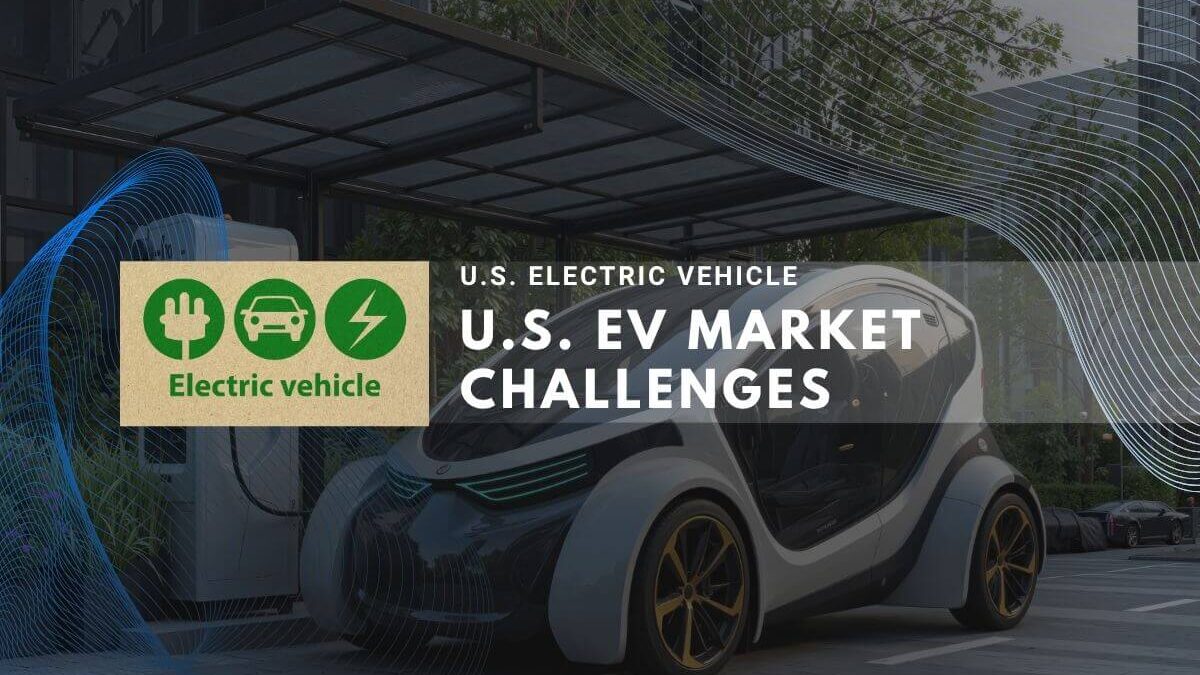The United States electric vehicle market faces growing challenges as federal tax credits ended on October 1, 2025. Record EV sales in the third quarter were driven by buyers rushing to claim expiring subsidies, but industry experts predict a sharp decline in the fourth quarter. The U.S. now lags behind China and Europe in EV adoption rates.[1][2]
Third Quarter Sales Set Record
More than 438,000 electric vehicles sold in the third quarter of 2025, achieving a market share of 10.5 percent for the period. [1] This marked an increase from 7.4 percent in the second quarter and 7.6 percent in the first quarter. Tesla maintained its dominant position with a 43.1 percent share of the U.S. EV market through September. [1]
Federal Tax Credit Expiration
The $7,500 federal tax credit for new EVs expired on September 30, 2025, as part of comprehensive spending legislation. [3] The credit, introduced in 2022 to encourage EV adoption, also included a $4,000 credit for used EVs. The expiration is expected to significantly dampen demand and create uncertainty about pricing strategies. [3]
Read More: Colorado Raises EV Rebates to $9,000 as Federal Tax Credits End
Sector-Wide Response and Forward Market Expectations
Automotive executives are bracing for a collapse in electric vehicle sales following the disappearance of the tax break. [4] AutoPacific forecasts that EV market share in the United States will remain at 8 percent in 2025 and 2026, representing a decrease from earlier predictions of 11 percent in 2025 and 15 percent in 2026. [5]
Some automakers are responding with significant price cuts. Hyundai dropped prices on its 2026 IONIQ 5 by up to $9,800, with models now starting at $35,000. [6] The company is also offering a $7,500 cash incentive for 2025 IONIQ 5 models through at least the end of October. [6] Tesla announced more affordable versions of the Model Y and Model 3 to attract price-sensitive buyers. [7]
Global Comparison and Infrastructure
The U.S. lags significantly behind other major markets in EV adoption. China accounts for more than half of global EV sales, with electrified vehicles making up 43 percent of global auto sales as of the first quarter of 2025. [8] Europe represents 17 percent of global EV sales, while the U.S. accounts for only 7 percent. [9]
The National Electric Vehicle Infrastructure Formula Program continues to expand despite federal policy changes. Key developments from October 2025 include:
- Pennsylvania became the first state to receive Full Build-Out Certification from the Federal Highway Administration. [10]
- Iowa announced awards for 28 charging stations supported by $16.2 million in federal funding. [10]
- Virginia announced conditional awards for 35 new charging stations backed by $22.7 million. [10]
- The U.S. has 217,929 public charging outlets as of the second quarter of 2025. [10]
- More than 1 million additional public chargers will be required by 2030 to support projected EV adoption. [10]
What to Expect in the Upcoming Fourth Quarter
The third quarter EV sales surge represents a classic pull forward effect, with buyers accelerating purchases to claim the expiring tax credit. [11] Analysts predict a massive drop in electric vehicle sales for the coming months as the market adjusts to the new reality without federal incentives. [11] State and local governments are attempting to fill the gap, with Colorado increasing its tax credit from $6,000 to $9,000 for buying or leasing a new EV. [5]
